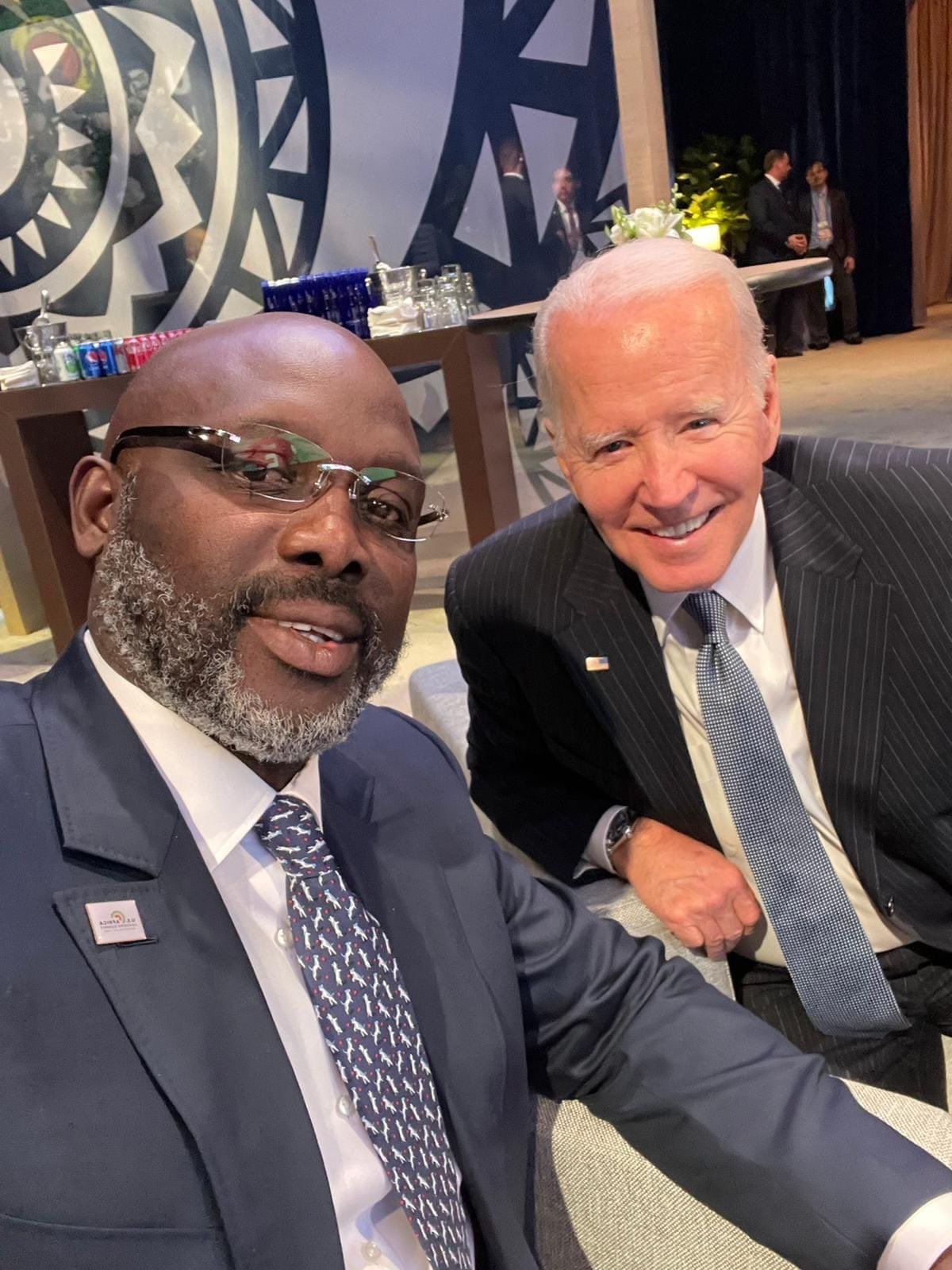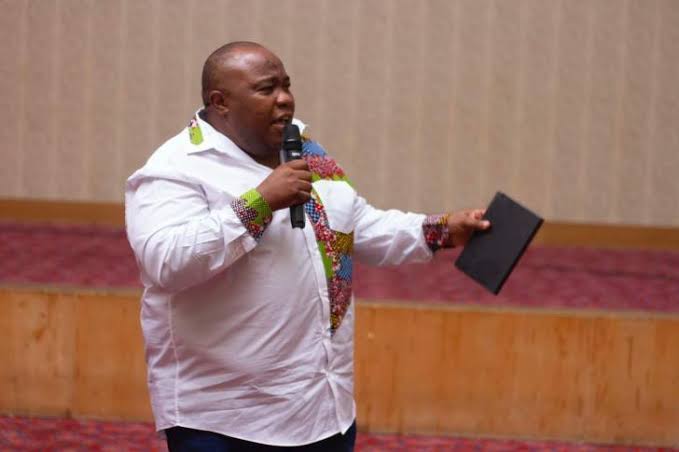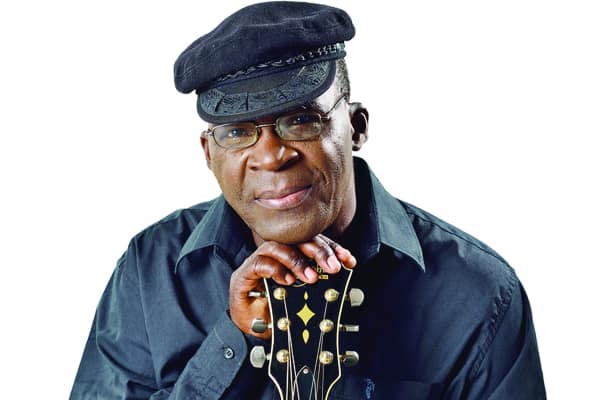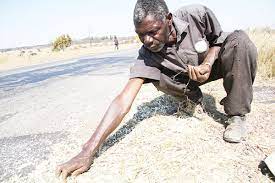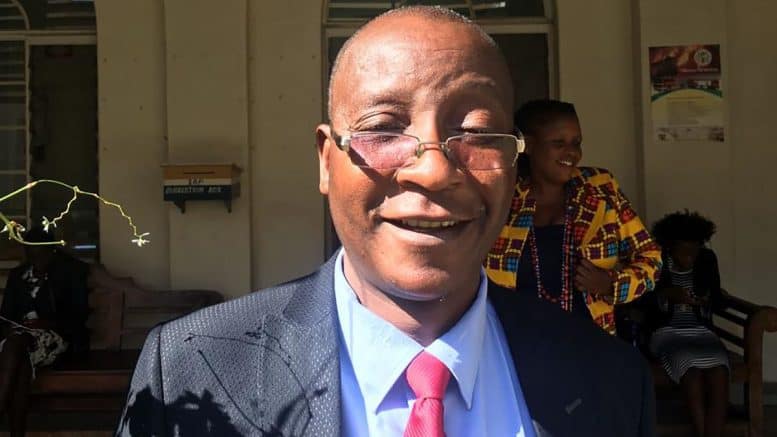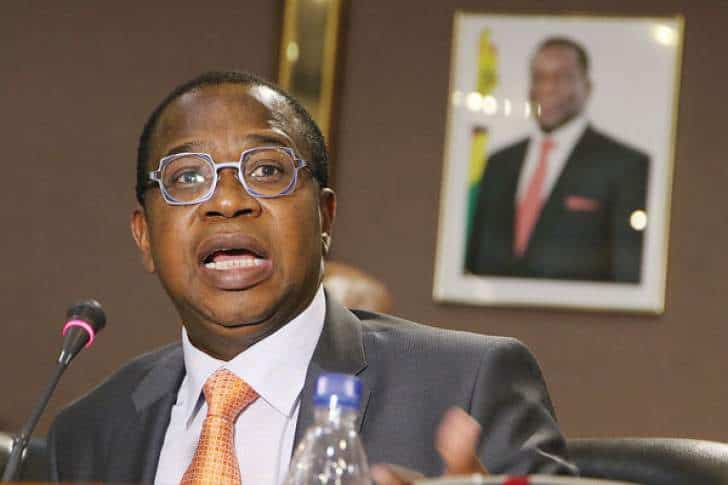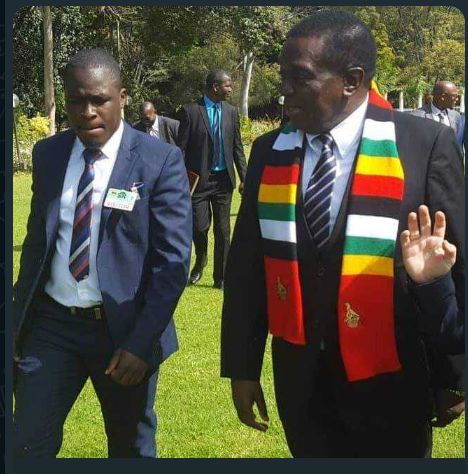In a significant development, Liberian President George Weah conceded defeat in the recent election to opposition leader Joseph Boakai, marking the end of a presidency clouded by corruption allegations. The concession supports a smooth transition of power in a nation that has experienced volatility in the past.
Joseph Boakai, 78, a former vice president who previously lost to Weah in the 2017 election, secured a lead with 50.9% of the vote, surpassing Weah’s 49.1%, according to the country’s elections commission with nearly all votes counted.
This outcome represents a noteworthy reversal from the 2017 election, where global soccer legend Weah won with 62% of the vote amid a surge of optimism. However, disillusionment has grown since then, fueled by perceived lack of progress in addressing issues such as poverty, unemployment, food insecurity, and inadequate electricity supply.
President Weah’s concession is pivotal, paving the way for Liberia’s second democratic transfer of power in over seven decades. The first occurred when Weah assumed power six years ago.
Against the backdrop of political instability and military coups in West and Central Africa, Weah’s acceptance of the election results stands as a notable example. Boakai’s supporters in Monrovia celebrated the near-final results with dancing and cheering.
In a statement on national radio, Weah urged the public to accept the election results and congratulated President-elect Joseph Boakai. Boakai, a seasoned politician, emerged closely matched with Weah in the first round of voting in October, leading to the subsequent run-off.
Liberia, grappling with the aftermath of two civil wars and the 2013-16 Ebola epidemic, is now at a crucial juncture. Boakai, expressing a message of peace and reconciliation, is poised to lead the nation forward.
As Liberia looks to address its complex challenges, including post-war recovery and economic development, citizens express hope for positive change under Boakai’s leadership. Despite a history of unfulfilled promises during Weah’s term, many are optimistic about Boakai’s commitment to principles and anticipate positive reforms.
Arkoi Sarkor, a supporter of Boakai, voiced hope for change, stating, “Some things that were not done, that were not correct, he will put it in place. I am hopeful of that.”

